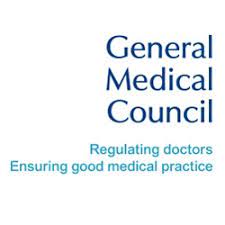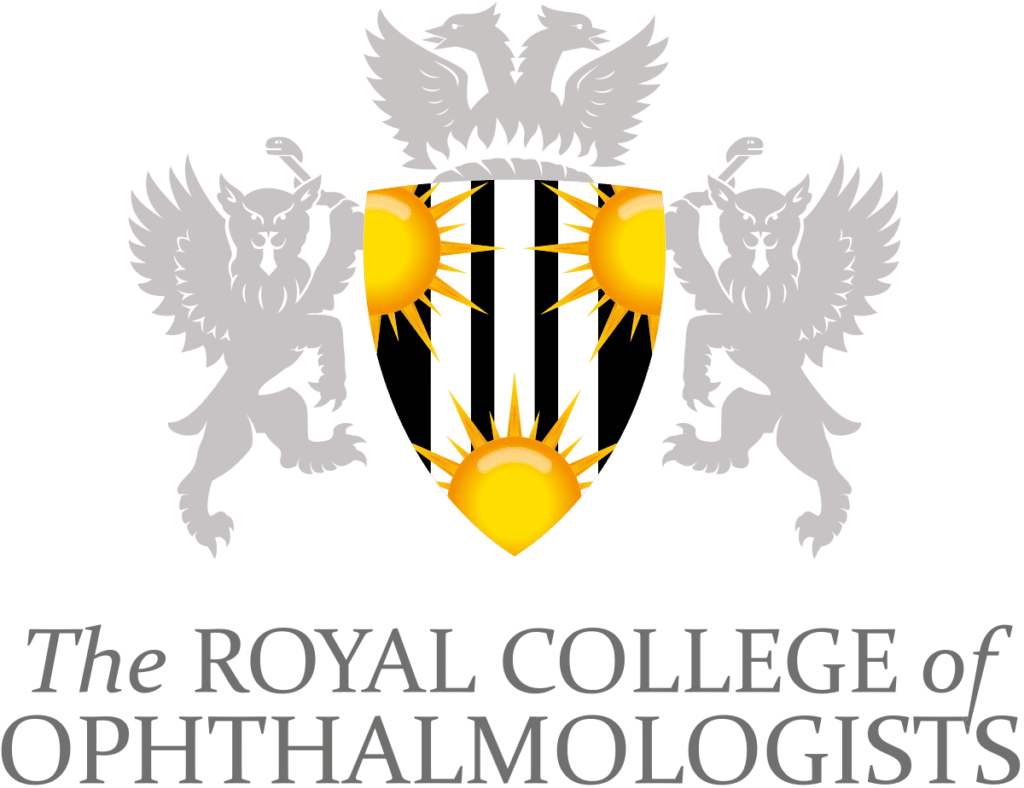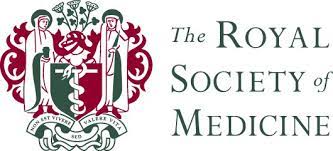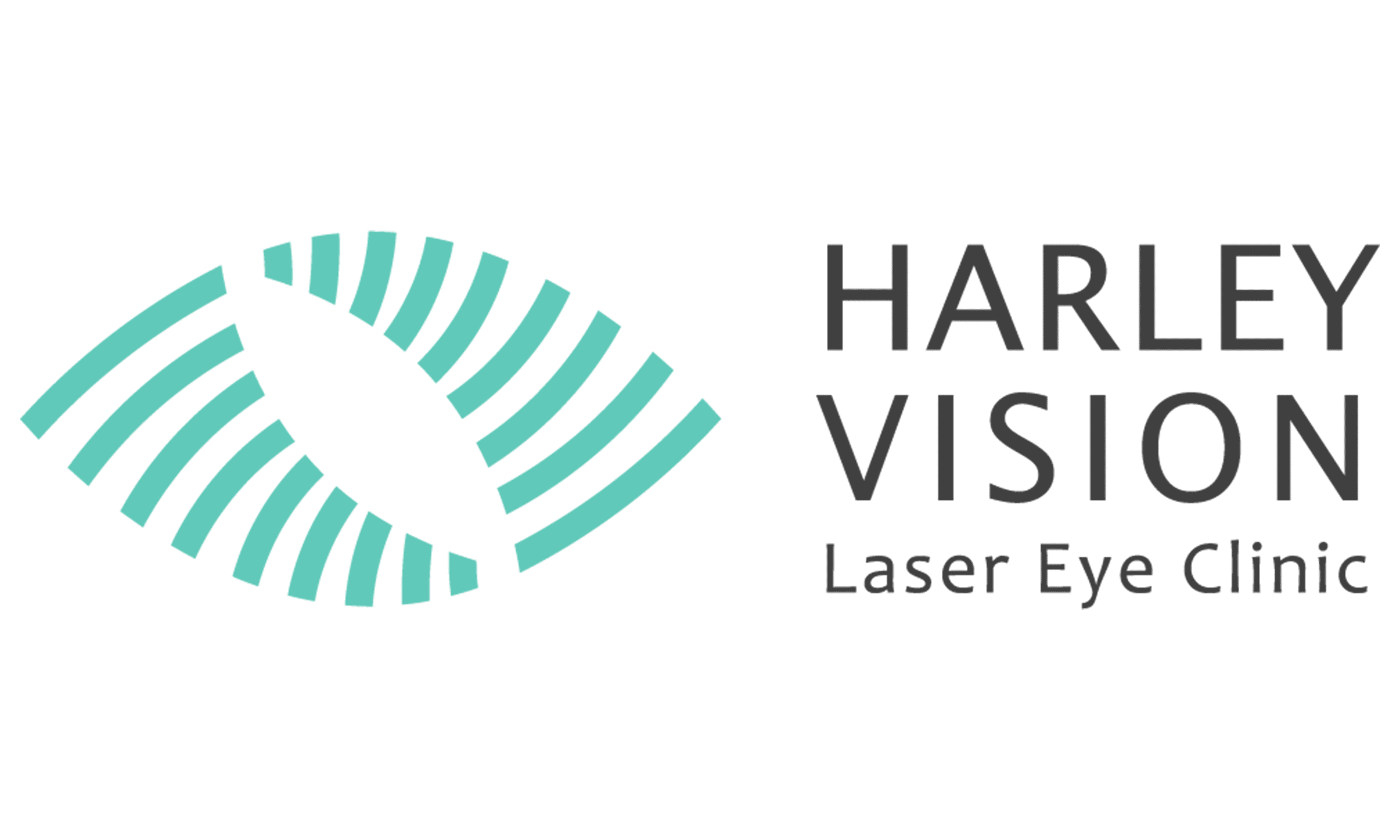
10 reasons to choose Harley Vision
Multi-award winning, multi-fellowship trained clinical director
The Clinical director of Harley Vision, Mukhtar Bizrah, is a consultant ophthalmic surgeon at the Western eye hospital, Imperial College Healthcare NHS Trust.
At our clinic, you will have a consultation with a consultant before, not on the day of surgery
Harley Vision is state-of-the-art boutique consultant led service.
Not tied to any company, we choose the best laser or lens implant for your eyes
We do not have any special deals with any companies forcing us to use lasers and implants from one company.
State-of-the-art technology, lasers and multifocal lens implants
Our clinical director has treated patients using three of the world’s fastest and more precise laser technologies.
Our surgeons are trained in all modern vision correction surgeries, to avoid pressuring patients into their comfort zone.
Our surgeons are trained in cataract and refractive surgery. You will not be in a situation where the surgeon offers you a lens based treatment.
Honest ethical care: We do not falsely promise 20/20 vision
No, we do not promise 20/20 vision, or perfect vision. Just because some clinics make this false promise, it does not make it true or ethical.
Utilising AI for best possible care
We utilise AI extensively to optimise visual outcomes from surgery, and to enhance surgical safety.
Believers in education, running ophthalmology courses attended from various continents
Our clinical director has been heavily involved in medical education since his first year as a doctor!
Believers in evidence-based care, our surgeons have numerous research studies
Mukhtar Bizrah is actively involved in research, and has been involved in over 50 research papers and international presentations to date.
Believers in vision for all, donating …
One of our core missions as an organization to enable excellent vision to patients in both the UK and around the world.
Specialised in Laser Refractive, Cataract & Cornea Surgery
Services we provide
Laser eye surgery
We combine state-of-art laser vision correction technology with extensive surgical expertise. We use SCHWIND AMARIS eye laser system, which offers unparalleled speed and unmatched precision through 7D eye tracking.
Read More
Refractive lens exchange
This is also known as lens replacement surgery. This is a quick procedure in which the natural crystalline lens inside the eye is replaced with an artificial intraocular lens, such as a multifocal lens.
Read More
Cataract surgery
At Harley Vision, our aim is not to simply treat cloudy vision. Through use of premium intraocular lenses, we aim to correct presbyopia (age-related deterioration in near vision), hypermetropia (long-sightedness), myopia (short-sightedness) and/or astigmatism.
Read More
Implantable Collamer Lens (ICL)
This is a fantastic procedure to correct short-sightedness, long-sightedness and astigmatism. You can think of it as a soft contact lens, but is implanted into the eye to give brilliant long-term vision.
Read More
Cornea collagen cross-linking
This treatment is effective to halt the progression of cornea ectasia (e.g. keratoconus, post LASIK ectasia, etc). At Harley Vision, we often combine cornea crosslinking with advanced laser cornea re-shaping to improve visual outcomes.
Read More
PTK laser
Harley Vision is a specialist clinic for treatment of complex cornea conditions with PTK laser, including state-of-the-art transepithelial PTK technology.
Read More
Cornea transplants
Harley Vision surgeons have travelled around the world to learn the most modern techniques in cornea transplantation. We offer all types of partial and full thickness cornea transplant surgeries.
Read More
YAG laser capsulotomy
YAG laser Capsulotomy is a non-invasive quick laser procedure used to treat posterior capsular opacification (PCO) after cataract surgery. It takes a few minutes and performed in outpatients.
.
Read More
Common Eye Disorders and Diseases
Eye Conditions

Cataract
Cataract is clouding of the natural crystalline lens inside the eye. This usually occurs with age, and results in gradual worsening of vision. Symptoms can include clouding of vision and glare (particularly at night). Most people above the age of 60 years have some degree of cataract formation, but this can range from very mild to severe.
Read more
Keratoconus
The term keratoconus originates from the Greek ‘keras’ meaning cornea, and ‘conus’ meaning cone. Keratoconus causes progressive thinning of the cornea. It usually affects both eyes, although one eye is usually affected more than the other. If there is delay in detection or treatment of keratoconus, it can result in significant deterioration
Read more
Pterygium
A pterygium is abnormal thickening and growth of the tissue (conjunctiva) overlying the white part of the eye (sclera), and extension of this growth onto the cornea. It is most commonly found on the side of the eye adjacent to the nose, and is often noticed as a redness that is gradually increasing in size.
Read more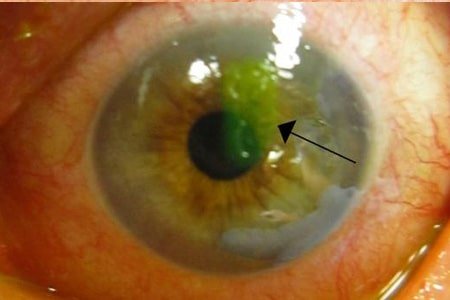
Recurrent corneal erosion syndrome
Recurrent corneal erosion syndrome occurs because of the front layer of the cornea having abnormally weak adhesions to the underlying cornea layers. Overnight, the cornea naturally becomes more dry and therefore adherent to the inner aspect of your eyelid
Read more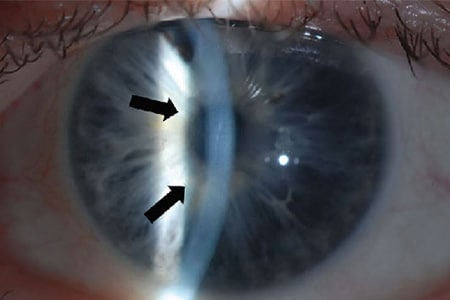
Fuchs Endothelial dystrophy
Fuchs endothelial dystrophy is a condition which affects the back layer of the cornea, resulting in gradual deterioration of vision. It is a condition which affects both eyes, and usually starts to affect vision once the affected person is above the age of 60 years.
Read more
Refractive error
Refractive errors are the reason why people need to wear eyeglasses or contact lens to see clearly.
Examples include hypermetropia (long-sightedness), myopia (short-sightedness), astigmatism and presbyopia (age-related deterioration in near vision).

Using latest technologies
Artificial Intelligence
At the Harley Vision, we combine world-leading clinical expertise with most cutting-edge technology in eye care.
Artificial intelligence (AI) is utilised where possible to optimise visual outcomes.
Most importantly, ethical and patient-centred focus is at the heart of the care that Harley Vision provides.
ABOUT
THE CLINICAL DIRECTOR
Mukhtar Bizrah is the Clinical Director of Harley Vision. He is a consultant refractive, cornea and cataract surgeon and ex-unit training lead at the Western eye hospital, Imperial College Healthcare NHS Trust.
Mr Bizrah is multi-fellowship trained (UK & Canada) in advanced refractive, cataract and cornea surgery. He is one of the few ophthalmic surgeons in the world has achieved multi-board certification and fellowship recognition across the UK, USA, Canada and Europe.
- Fellow of the Royal College of Ophthalmologists (FRCOphth), UK
- Fellow of the American College of Surgeons (FACS), USA
- Fellow of the Royal College of Physicians and Surgeons of Canada (FRCSC), Canada
- Fellow of the European Board of Ophthalmology (FEBO), Europe
- Fellow of the World College of Refractive Surgery & Visual Sciences (FWCRS)
- Fellow of the Higher Education Academy (FHEA), UK
- Certificate in Laser & Refractive surgery (CertLRS), Royal College of Ophthalmologists, UK
Call me back
Memberships & Accreditations
